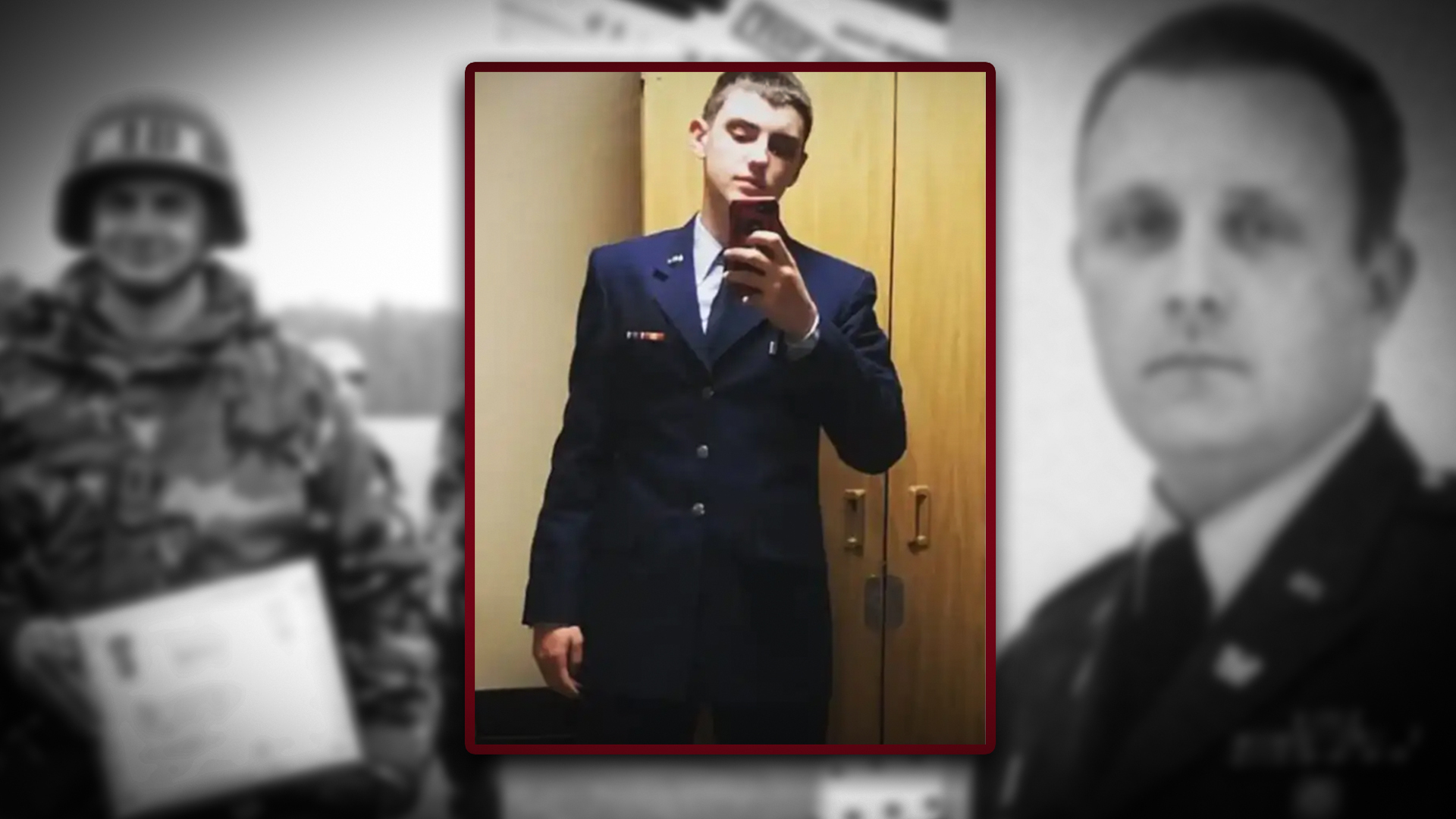

Yesterday, the FBI arrested Airman 1st Class Jack Douglas Teixeira, a 21-year-old Massachusetts resident, in connection with a massive data leak revealing classified information about Ukraine, Russia, and other counties. These documents initially posted on a private Discord server and then spreading out from there throughout online spaces, revealed a plethora of leaked intelligence information, including battlefield assessments of the war in Ukraine, and the intelligence collecting activity of the National Security Agency, Central Intelligence Agency, Defense Intelligence Agency, and National Reconnaissance Office.
Teixeira is a member of the Massachusetts Air National Guard assigned to the 102nd Intelligence Wing, and in this capacity, he is accused of accessing classified information and posting it on a server that originated as a place teenagers talked about a popular YouTube channel about military equipment.
This isn’t the first time a service member has leaked intelligence.
Subscribe to Task & Purpose Today. Get the latest military news, entertainment, and gear in your inbox daily.
In 2021, Peter Debbins was convicted and sentenced to more than 16 years in federal prison for “conspiring with Russian intelligence operatives to provide them with U.S. national defense information.” From 1998 to 2005, Debbins served as an Army officer, eventually becoming a Captain in Special Forces. At that same time, Debbins was in contact with Russian intelligence agents, professing that he wished to serve Russia while passing along information about his unit’s activities and deployments.
Years earlier, James W. Hall was an Army signals intelligence warrant officer, assigned to Berlin and Frankfurt, Germany from 1981 to 1987, oftentimes working at an NSA field station. During that time, Hall passed thousands of classified documents and photographs to the Soviet Union. At his trial in 1989, Hall told an Army forensic psychologist that he only wanted to make some money while giving away what he considered unimportant information, and that “he would not get caught and would give it [spying] up as soon as he became a warrant officer.”
The 1980s also saw one of the largest Cold War espionage rings, centered around a group of soldiers in the 8th Infantry Division. In 1988, Sergeant 1st Class Clyde Conrad was arrested in then-West Germany, and convicted of leaking documents to Hungarian intelligence operatives. During his trial, he was accused to have recruited at least a dozen other service members, including Sgt. Roderick Ramsay, Sgt. Jeffrey Rondeau and Sgt. Jeffrey Gregory, all of whom were later convicted and sentenced to lengthy prison terms.
The highest-ranking service member to have been convicted of espionage was Army Col. George Trofimoff, who was arrested in 2000. Trofimoff enlisted in the Army in 1948 and retired from the Reserves in 1987. He was recruited by Soviet intelligence services in 1969 while serving as the head of the U.S. Army Joint Interrogation Center in Nuremberg, Germany, responsible for debriefing defectors from the Soviet Union and other allied countries.
These were just some of more than a dozen U.S. service members convicted of espionage during the Cold War.
In more recent years, there was the bizarre case of Ryan Anderson, a specialist in the Washington Army National Guard who in 2004 was convicted of attempting to distribute classified information to al-Qaeda through internet chat rooms. In January of that year, shortly before his unit’s deployment to Iraq, Anderson was videotaped offering sketches of M1A1 and M1A2 Abrams tanks along with “the exact caliber of round needed to penetrate the windshield and kill the driver of an up-armored Humvee.” Anderson was later sentenced to life in prison.
In these cases, the service member who leaked intelligence was seeking to disclose it to a specific intelligence source. Texeira’s case – showing the information to what appears to have been a couple of dozen mostly teenagers and having it spread from there – is perhaps a bit more similar to the Edward Snowden or Reality Winner cases, in which both individuals provided classified information to entities other than opposing nation-states.
Teixeira’s case is not the first, and almost certainly not the last time military secrets will be leaked by service members themselves, but his case will likely result in more stringent policies on how classified material is accessed and handled.
The latest on Task & Purpose
- U.S. providing Ukraine with 30mm gun trucks to blast Iranian drones out of the sky
- Marine trio honored for foiling stabbing at a Virginia Chick-fil-A
- Washington Post blasted over editorial that suggested cutting veterans’ disability benefits
- Ukraine is now fielding 1940s-era anti-aircraft guns as artillery
- Army Special Operations Command captured random civilian in training foul up